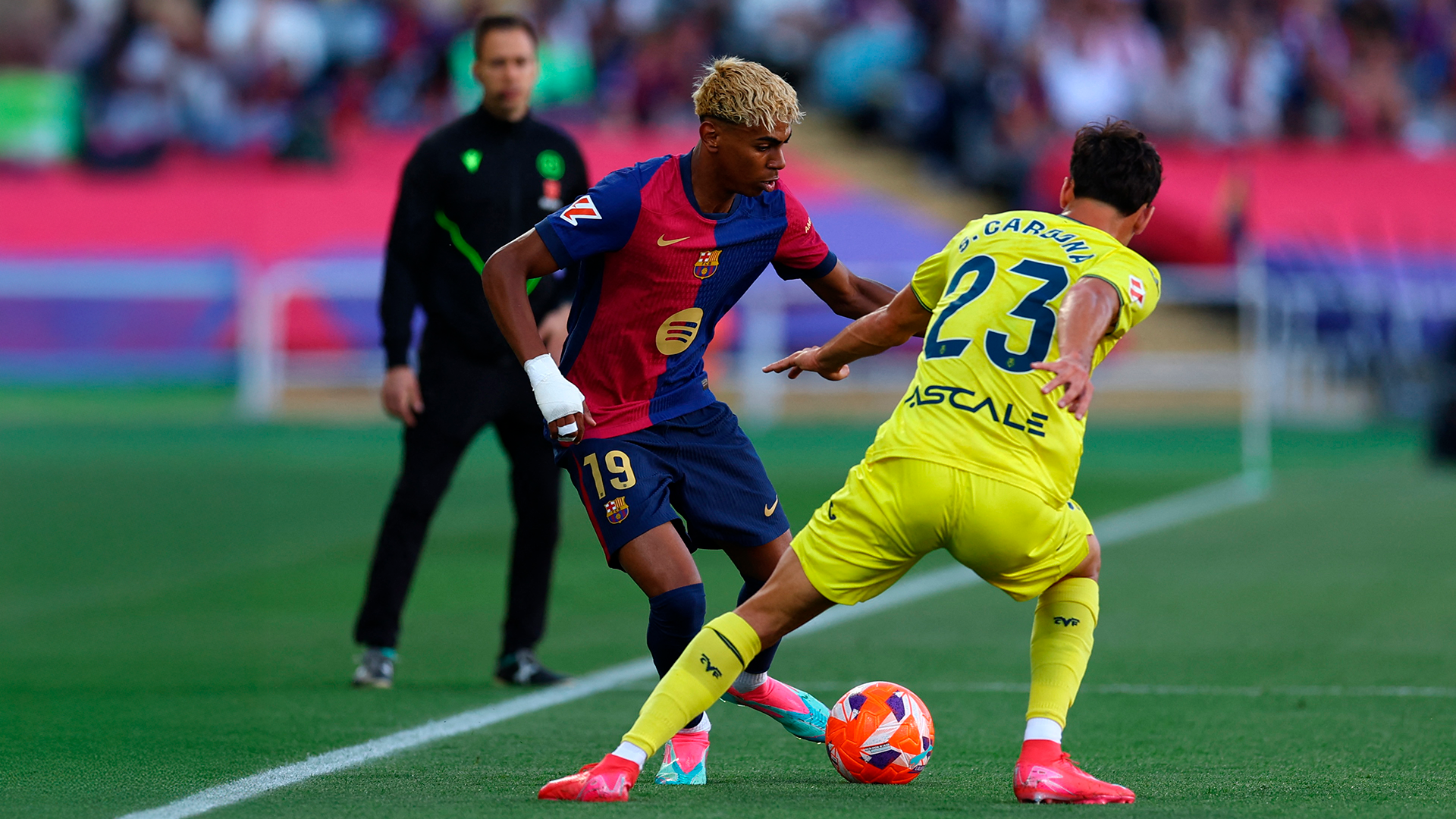- Home >
- Soccer >
- LaLiga >
- The “Second-Year Curse” Haunts Hansi Flick as Old Ghosts Reappear in Barcelona
The “Second-Year Curse” Haunts Hansi Flick as Old Ghosts Reappear in Barcelona
The numbers tell a different story: far from suffering a “second-year curse,” Hansi Flick delivered one of the most successful spells in Bayern Munich’s modern history.
The Myth of the Second Year
When Sevilla were still celebrating their fourth goal against Barcelona, the theories began. Among club members and pundits, a familiar line has gained traction: “Hansi Flick’s second seasons are bad.” The idea has spread quickly among fans — but the data tells a different story.
Flick took charge of Bayern Munich midway through the 2019-20 season, replacing Niko Kovač. That same year, he conquered both the Bundesliga and the Champions League, including the unforgettable 8-2 demolition of Barça in Lisbon. His debut season was so dominant that any future comparison was bound to feel unfair.
A Second Season Full of Trophies
Far from collapsing in his second campaign, Flick lifted four titles: the UEFA Super Cup, the FIFA Club World Cup, another Bundesliga, and the DFB-Pokal. He was eliminated in the Champions League quarter-finals by PSG (3-3 on aggregate), only due to the away-goals rule. In that tie, he was missing key attackers Robert Lewandowski and Serge Gnabry, as well as Thiago Alcântara through injury.

Even so, his Bayern side maintained its dominance and high-tempo attacking football. Rivals began to adapt to his high defensive line, but Flick’s style remained synonymous with intensity and precision.
The Numbers Don’t Lie
During his tenure in Munich, Flick managed 86 games, recording an extraordinary 70 wins, 8 draws, and 8 defeats — an 81% win rate, the highest in Bayern’s 125-year history. Those numbers completely dismantle the myth of his so-called “bad second years.”
Now in charge of Barcelona, comparisons have resurfaced, but history shows that Flick doesn’t crumble — he evolves. If his record proves anything, it’s that consistency can also be a mark of greatness.






















